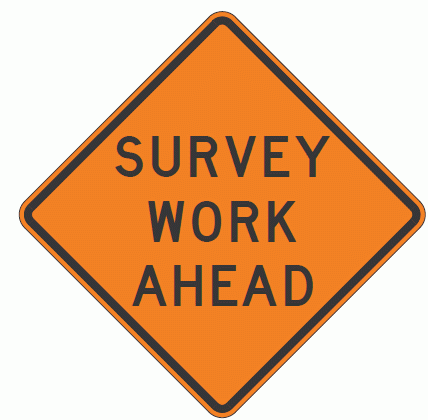In
celebration of my missed blog last week, I want to take a minute to talk about late work from our students. As a math teacher, I assign homework every night. Even if that's not the case, it seems that there's no getting around late work and missing assignments.
Homework grading is one of the most laborious jobs a teacher has. It requires constant attention and very specific guidelines.
This website discusses the complexities of homework policies that are important to consider.
After two years of education classes, I truly believe that handing out 0's for missing work and moving on isn't an option. This is an "easy way out" where students aren't held accountable for completing the missing work or practicing the material. The trouble is, how do we get the students to complete these assignments?
Our school has a FINO (failure is not an option) program where students are signed up by teachers to attend a lunch study hall three days a week for any missing assignments they have. The trouble is, signing students up and staffing this study hall are both time consuming and from what I've seen, students still don't get the work done. However,
some schools and teachers have found this to work.
I truly believe that a student's grade should reflect their understanding of the material. If students have numerous 0's because of missing assignments or late work, their grade won't be an accurate representation of how well they understand Algebra.
In my classroom, I allow students to turn in late work for full credit up until the unit test. I would prefer to take all missing homework at any time, but this leads to a mile high stack of unlabeled homework assignments the last week of the semester which doesn't help me or the students. Plus, forcing students to complete work before a unit test gives students an extra reason to put in a little extra practice before the exam if they haven't already finished their assignments. And my final, most exciting benefit of this policy is that I don't have to hear the excuses for why they didn't get their homework done.

Part 2 of my policy is what really helps. Clean up days! Every so often, I give work days in class. Sometimes before an exam, sometimes after a hard lesson, and sometimes just out of the blue. During these days students work together to complete assignments while I sit at my desk and go through my students one by one. For each student I look through all missing assignments for that unit as well as check for missing or low project, quiz, or test scores. Students with any missing work or low test and project scores are called to my desk. We look at their grade in the class and all of their red flags. I make sure the students know what they're missing and provide them with missing homework or study guides for quizzes.
These clean up days generally end up in a huge influx of missing work and there are always a few students who jump a grade letter. Sometimes, the kids just forgot about an assignment or didn't know what to be working on. These kids are easy. The other ones know they were missing the work. For these students, this day allows me to put them on the spot. They need to explain to me why they didn't do it, when they plan on doing it, and if nothing else, have to deal with me being on their case.
It works for a lot of them, but not all of them.
But what else can I do? There are still some students who have 75% of their assignments missing or constantly wait until the last second to scribble something down to get some credit.
What works?
What doesn't?
How can we avoid the late work before it happens?
What works for the kids who are missing more than half of their work?












